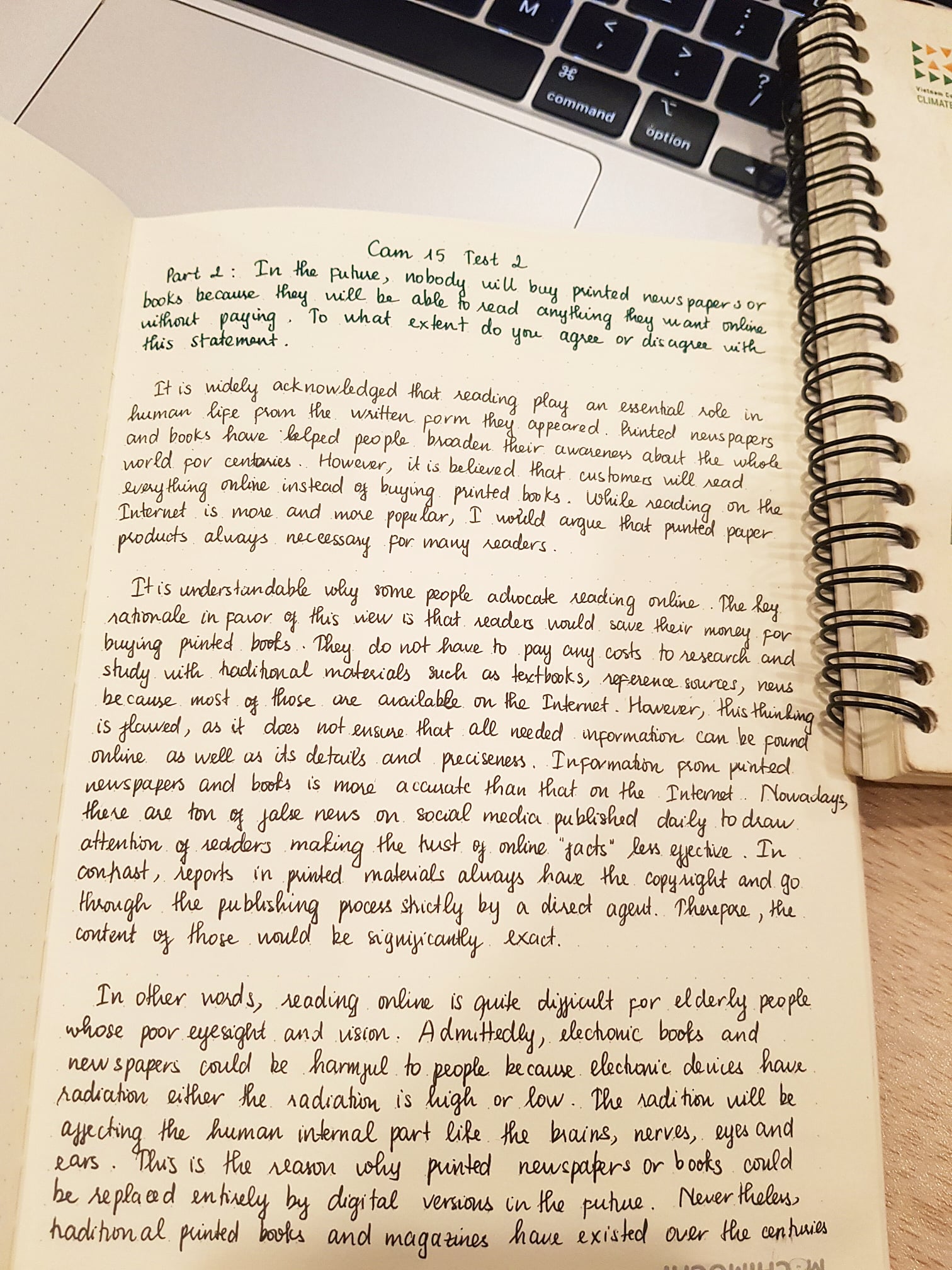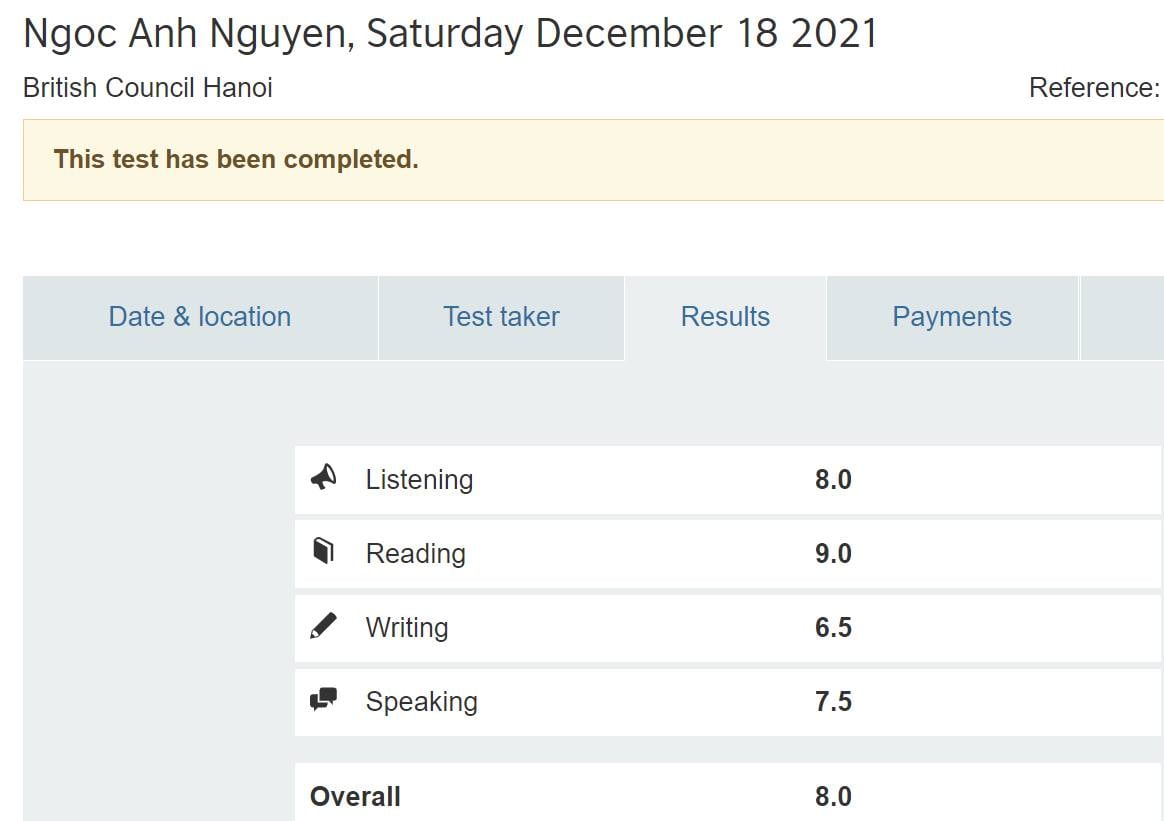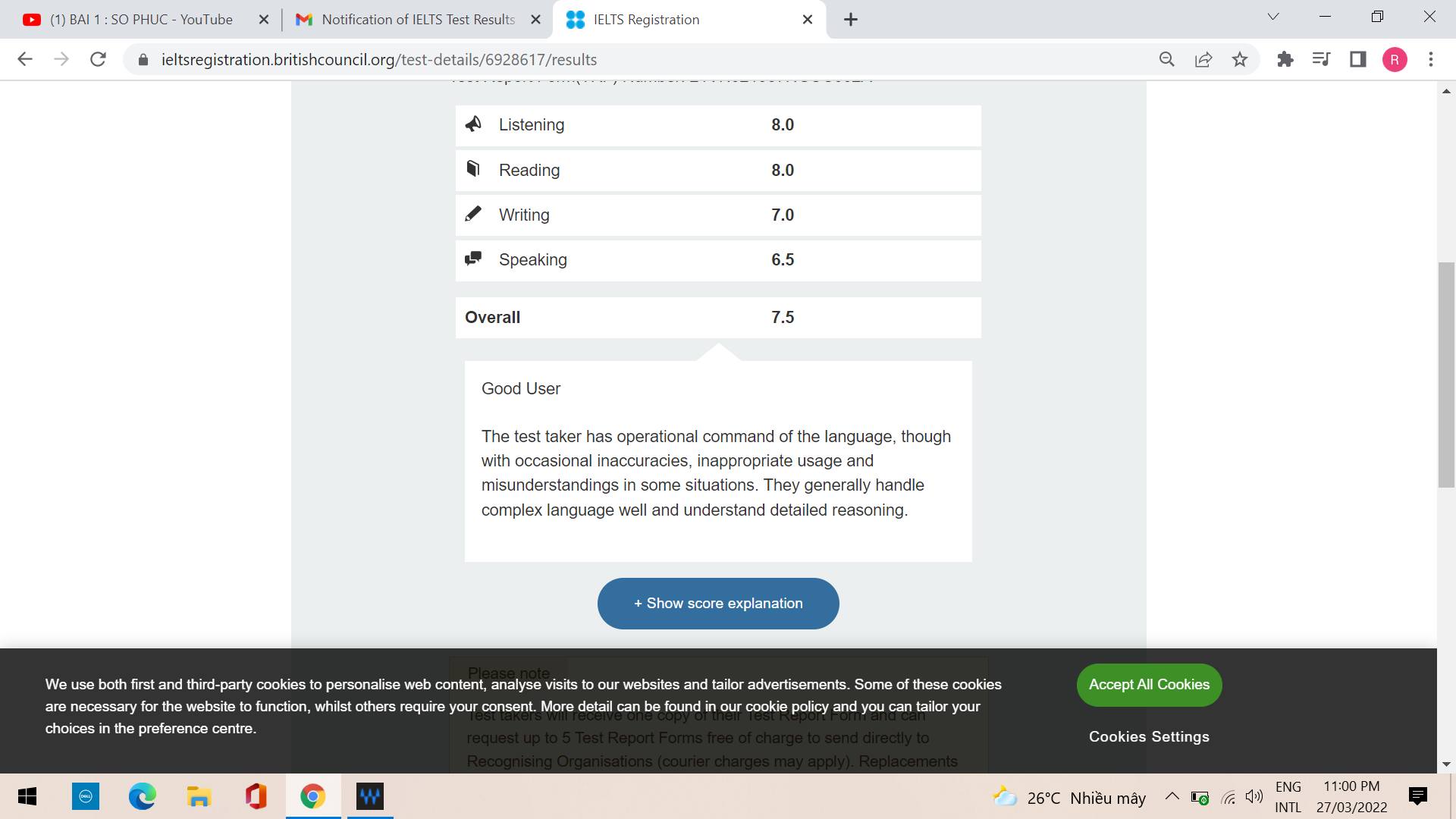I. REVIEW
Chào các bạn, đối với dạng bài tập Short Answer Questions, chúng ta cần phải làm như thế nào, chiến thuật làm bài ra sao nhỉ? Hãy cùng IELTS-Fighter review lại dạng bài tập này và thử sức với một Mini Passage nhé
Khi làm bài tập dạng câu hỏi Short Answer, chúng ta cần chú ý các điểm sau:
– Giới hạn số lượng từ cho mỗi đáp án
– Câu trả lời sẽ xuất hiện theo đúng trật tự bài đọc
– Xác định đáp án là loại từ nào (Noun/Verb/Adjective/Adverb)
– Lưu ý câu trả lời không nhất thiết phải đúng ngữ pháp, chỉ cần đúng ý
– Bắt key word trong câu hỏi, tìm synonyms hoặc paraphrase key words
II. MINI PASSAGE
The scope of the problem facing the world’s cities is immense. In 1992, the United Nations Environmental Programme and the World Health Organisation (WHO) concluded that all of a sample of twenty megacities – places likely to have more than ten million inhabitants in the year 2000 – already exceeded the level the WHO deems healthy in at least one major pollutant. Two-thirds of them exceeded the guidelines for two, seven for three or more.
Of the six pollutants monitored by the WHO – carbon dioxide, nitrogen dioxide, ozone, sulphur dioxide, lead and particulate matter – it is this last category that is attracting the most attention from health researchers. PM10, a sub-category of particulate matter measuring ten-millionths of a meter across, has been implicated in thousands of deaths a year in Britain alone. Research being conducted in two counties of Southern California is reaching similarly disturbing conclusions concerning this little-understood pollutant.
A world-wide rise in allergies, particularly asthma, over the past four decades is now said to be linked with increased air pollution. The lungs and brains of children who grow up in polluted air offer further evidence of its destructive power. The old and ill; however, are the most vulnerable to the acute effects of heavily polluted stagnant air. It can actually hasten death, so it did in December 1991 when a cloud of exhaust fumes lingered over the city of London for over a week.
The United Nations has estimated that in the year 2000 there will be twenty-four mega-cities and a further eighty-five cities of more than three million people. The pressure on public officials, corporations and urban citizens to reverse established trends in air pollution is likely to grow in proportion with the growth of cities themselves. Progress is being made. The question, though, remains the same: ‘Will change happen quickly enough?’
| Questions 1 – 3 You are advised to spend about 4 minutes on Questions 1-3 Look at Questions 1 – 3 below. Write your answers in boxes 1 – 3 on your Answer Sheet.
Q1. How many pollutants currently exceed WHO guidelines in all megacities studied? Q2. Which pollutant is currently the subject of urgent research? Q3. Which group of people is the most severely affected by intense air pollution? |
III. DISCUSSIONS
Bây giờ chúng ta cùng nhau tư duy và chọn ra đáp án đúng các em nhé.
(1) Đáp án chúng ta cần là một con số. Bằng số hoặc bằng chữ. Đáp án cần tìm phải đi chung với từ khóa “exceed”, “WHO “, “all”, “megacities” hoặc các synonyms của chúng
–>> all of a sample of twenty megacities……………..already exceeded the level the WHO deems healthy in at least one major pollutant.
–>> Đáp án: One
(2) Đáp án cần là một danh từ, một loại “pollutant”. Đáp án đó cần đi chung với từ khóa “urgent” hoặc synonym/paraphrases của từ khóa này.
–>> Of the six pollutants monitored by the WHO – carbon dioxide, nitrogen dioxide, ozone, sulphur dioxide, lead and particulate matter – it is this last category that is attracting the most attention from health researchers.
–>> Đáp án: Particulate matter
(3) Đáp án cần tìm là một cụm danh từ- một nhóm người. Đáp án cần đi chung với dạng so sánh nhất “The most severely affected” hoặc synonyms của nó
–>> The old and ill; however, are the most vulnerable to the acute effects of heavily polluted stagnant air.
–>> Đáp án: The old and ill
Short Answer Questions không phải là một phần khó. Quan trọng nhất đối với dạng bài tập này là khả năng bắt keyword trong câu hỏi và tìm synonym/paraphrase của keyword đó. Vì thế khi học từ các bạn chú ý luyện tập paraphrase hoặc tìm synonym của từ vừa học nhé. Bên cạnh đó, chúng mình cũng nên quan tâm đến số lượng từ được cho phép trong một đáp án nữa nhé.
Chúc các bạn học tốt <3



